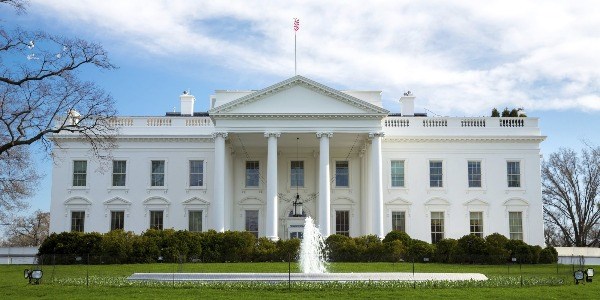Trump Administration revises rare earth minerals deal with Ukraine amid diplomatic tensions
In a recent development, the Trump administration has presented Ukraine with a revised draft agreement concerning rare earth minerals. The move comes after Ukrainian President Volodymyr Zelensky infuriated former U.S. President Donald Trump by turning down the initial proposal. Axios reports this new twist, drawing information from Ukrainian and American officials as well as several other informed sources.
Both Ukrainian and American sources conveyed to Axios that the new deal now seems more plausible. According to one insider, significant improvements were made to the agreement, aligning it with Ukrainian law. Several of Zelensky's aides urge him to approve the revised deal to prevent further discord with Trump and justify continued U.S. support.
The updated version reportedly addresses some of Zelensky's concerns, notably removing a clause that placed the deal under the jurisdiction of New York courts.
On the same day, U.S. National Security Advisor Mike Waltz emphasized the need for Zelensky to return to the negotiating table regarding mineral resources. "This is a negotiation. When you negotiate, you reach agreements. Ukraine wants to negotiate on minerals, and that's what we are discussing," he stated to the press.
Previously, Zelensky declined to sign an agreement with the U.S. granting access to Ukraine's natural resources, citing a lack of "specific details on security guarantees." The U.S. administration criticized this decision as "short-sighted."
According to NBC News, the drafted deal offered by the Trump administration proposed that Kyiv transfer 50% of its rare earth metal deposits to Washington, with assurances of deploying U.S. troops for their protection, contingent on reaching an agreement with Russia to end the ongoing conflict instigated by Moscow.
Meanwhile, The Daily Telegraph indicates that Trump's proposal extended far beyond mineral extraction, encompassing oil, gas, ports, and broader infrastructure. The conditions proposed by the U.S. were seen as "tantamount to economic colonization of Ukraine by the U.S." and imposed an "impossible burden of reparations." The document reportedly caused confusion and panic in Kyiv.
